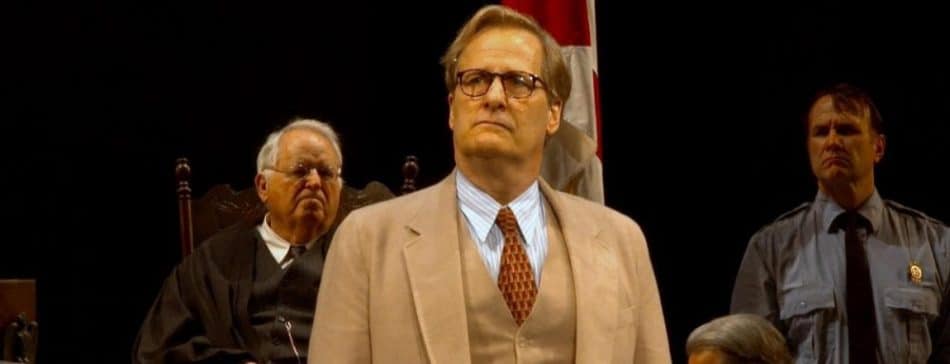Broadway’s To Kill A Mockingbird will set a special free one-night performance at New York City’s Madison Square Garden for over 18,000 public school students.
The show, set to take place on February 26, 2020, will mark the first performance of a Broadway show at the legendary venue. Over 18,000 students in middle and high school from all five boroughs will have the chance to see the performance. Scott Rudin, producer, arranged the show along with Barry Diller, New York Mayor Bill de Blasio, and Schools Chancellor Richard A. Carranza.
At the MSG showing, Ed Harris will star as Atticus Finch with Nick Robinson taking the stage as Jem Finch. They are followed by Eliza Scanlen as Mayella Ewell, Kyle Scatliffe as Tom Robinson, and Russell Harvard as Boo Radley.
“In New York City, we’re making record investments in arts education, and we thank the producers, artists, and everyone at Madison Square Garden for their incredible generosity in bringing the arts to life for our school communities,” Carranza said in a statement.
To Kill A Mockingbird, based on the timeless, controversial novel by Harper Lee and adapted by Aaron Sorkin, has received critical acclaim since its Broadway opening in 2018. In just 27 weeks, it became the highest-grossing American play in Broadway history, breaking records with over $40 million in sales. Additionally, it became the highest single-week grossing play in Broadway history, grossing $1.07 million during its second week of performances.
The book, set in Alabama in 1934, delves into the story of a white lawyer, Atticus Finch, and his experience defending a black man who has been accused of rape by a white girl. The book delves into the racial injustice throughout the segregated South. Earlier this year, Sorkin faced a lawsuit from Lee’s estate, which claimed that his adaptation strays too far from the original work and its themes. Rudin, however, said that he “can’t and won’t present a play that feels like it was written in the year the book was written in terms of racial politics,” noting that “the world has changed since then.”



